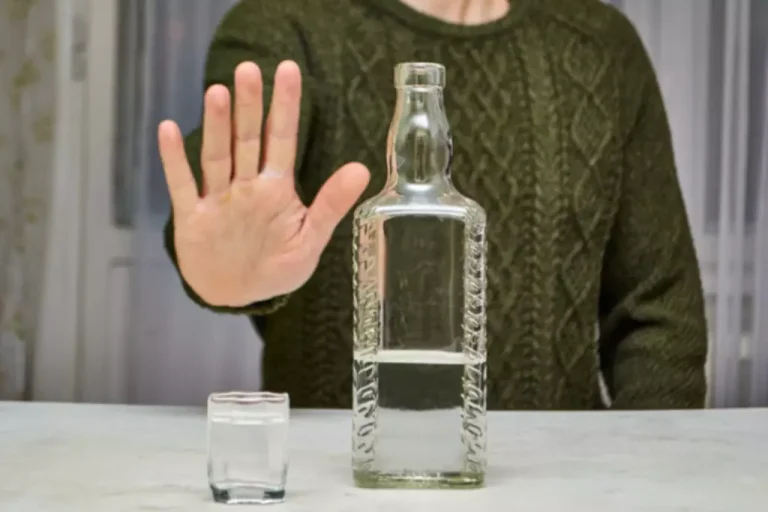
Allergic rhinitis (be it hay fever or persistent rhinitis) tends to run in families. You are also more likely to develop allergic rhinitis if you already have asthma or eczema. Symptoms of allergy in your nose are due to your immune system reacting to the allergen (such as pollen or house dust mite droppings). Cells in the lining of your nose release histamine and other chemicals when they come into contact with the allergen. This causes inflammation in your nose (rhinitis) and the typical symptoms developing.
Blowing the nose
- Mixed drinks containing any of the ingredients mentioned earlier are also likely to cause sneezing.
- Steroid tablets should not be used for long periods to treat rhinitis, as serious side-effects may develop.
- Keeping tissues nearby can help a person reach them in time to stop or catch the sneeze.
- Circumstantial evidence also exists that implicates the importance of the airways in alcohol excretion.
It responds to alcohol by producing antibodies known as immunoglobulin E (IgE). If he had to recommend an antiviral nasal spray, it would be one for there is more evidence of efficacy. If you’re experiencing a scratchy throat or tickly nose this summer, you might want to invest in an antiviral nasal spray.
Avoiding the cause of the allergy
- For some people, alcohol can also make allergy symptoms worse.
- Antihistamines taken by mouth are good if you have eye symptoms as well as nose symptoms.
- Alcohol intolerance is more common and usually manifests as facial flushing, nausea, and a rapid heartbeat after consuming alcohol.
- Heavy alcohol intake has been known for centuries to impair lung defenses.
- IgE is an antibody that suggests that a person may have allergies.
The reason some people have an intolerance to sulfites is unknown, but both genetics and the environment could be contributing factors. A few alcohols are less likely to trigger symptoms in people with alcohol intolerance. However, if you have alcohol intolerance, you must talk to your doctor about which alcohols are best for you to drink. For many people, wine is the drink that causes them to sneeze. This is likely because wine contains histamines, which trigger allergies. If you’re allergic to wine, you may notice that you sneeze more after drinking it.
- These tests help to look for the exact cause of your symptoms.
- However, for people with a condition called intractable sneezing, the matter is different.
- If you have an alcohol allergy, your immune system over-reacts to alcohol.
- Eating certain types of food or very large meals can both cause nasal irritation.
- Ask your healthcare provider about additional treatments if you are over 65 or have a chronic medical condition.
Alcohol and Allergies
Although anyone who drinks excessively may experience negative reactions that likely are not an allergy, people with a true alcohol allergy can develop symptoms after drinking extremely small amounts. In several surveys, people were more likely to report allergy symptoms after drinking wine than after drinking any other alcoholic beverage. In a 2005 survey of nearly 12,000 people who experienced alcohol-induced nasal symptoms, sneezing after drinking alcohol red wine was more likely to cause symptoms than white wine. The first large population study that examined the relationship of alcohol consumption to airway obstruction was a cross-sectional analysis published by Cohen in 1980 (Cohen et al., 1980). This study used data from a cohort of 2,539 community dwelling adults that quantified alcohol intake, smoking, diet and other health factors and measured FEV1 on spirometry.

Symptoms of Wine Allergy

Persistent non-allergic rhinitis
- There are several types that you can buy at pharmacies, or get on prescription.
- Likewise, if you’ve been feverish for several days and have difficulty breathing , it might be time to consult a GP.
- Unlike alcohol intolerance, where the body has difficulty processing alcohol, an alcohol allergy involves an immune system reaction to alcohol or one of its ingredients.
- This may be due to their occupation, or a person may have hobbies or live in an area where irritants are regularly in the air.

Find more like this: Sober living